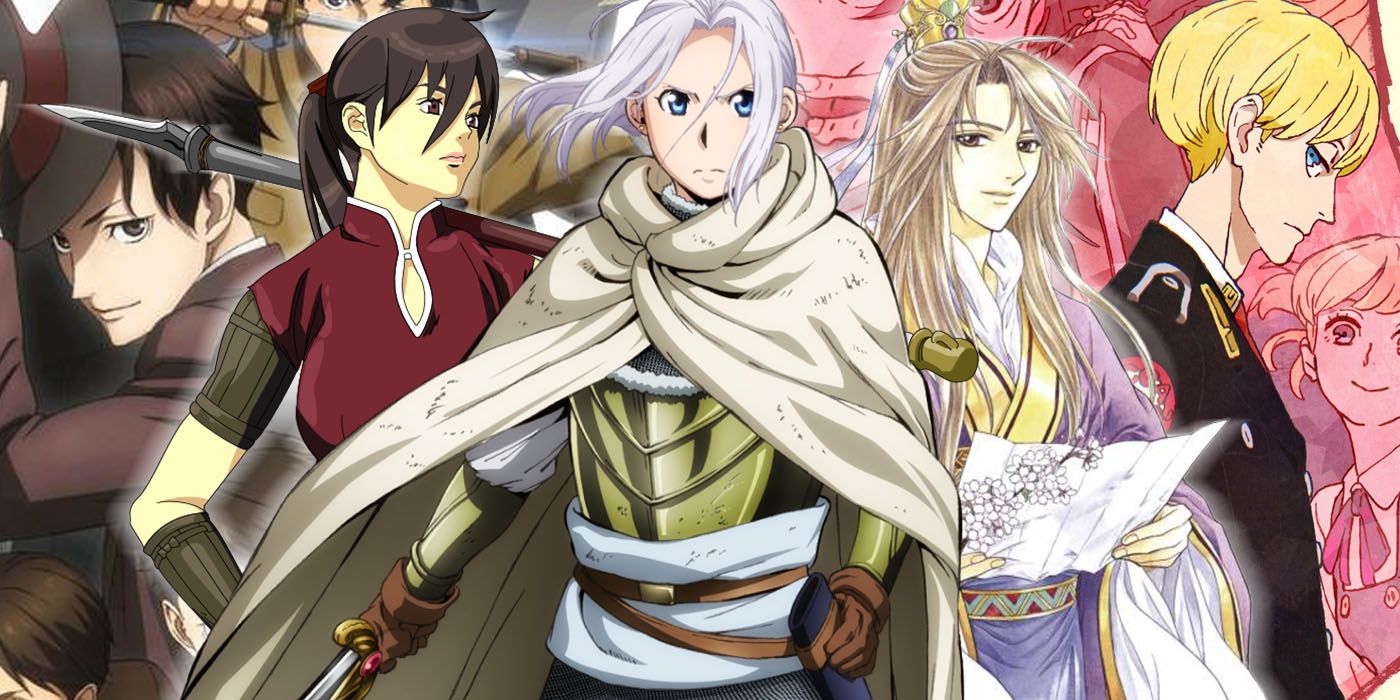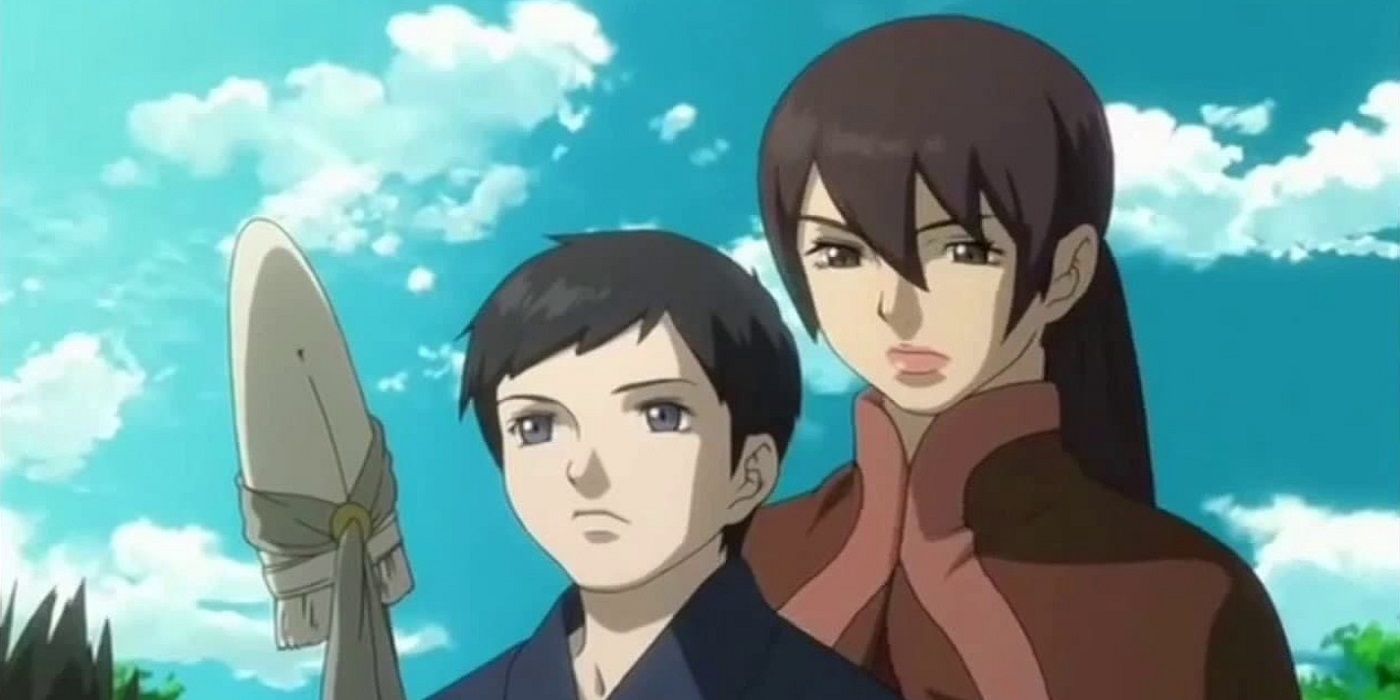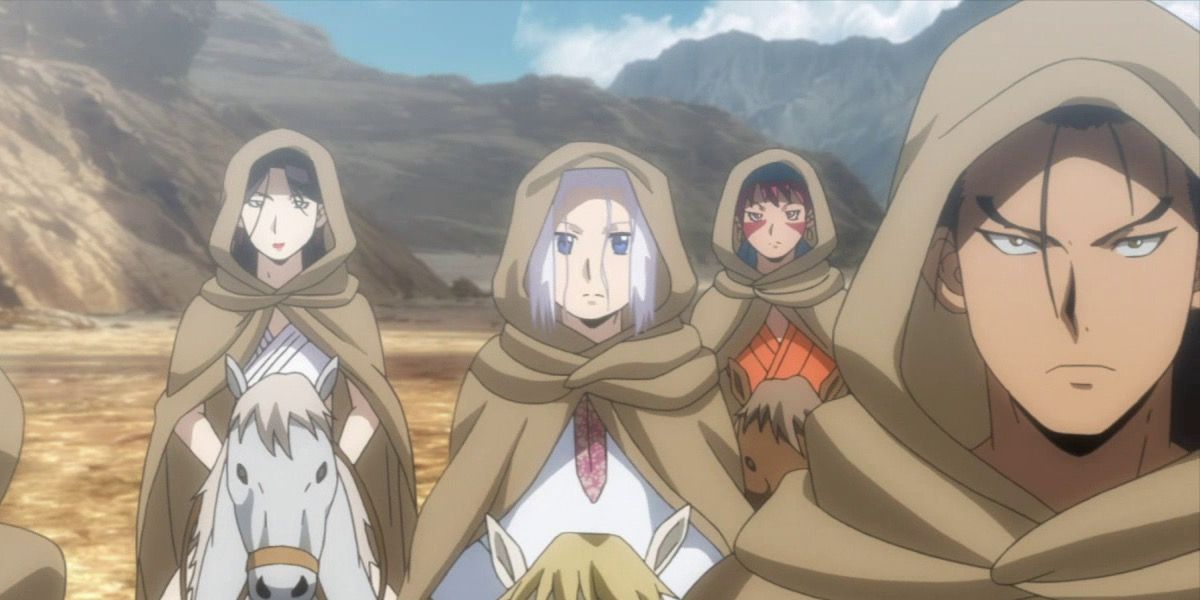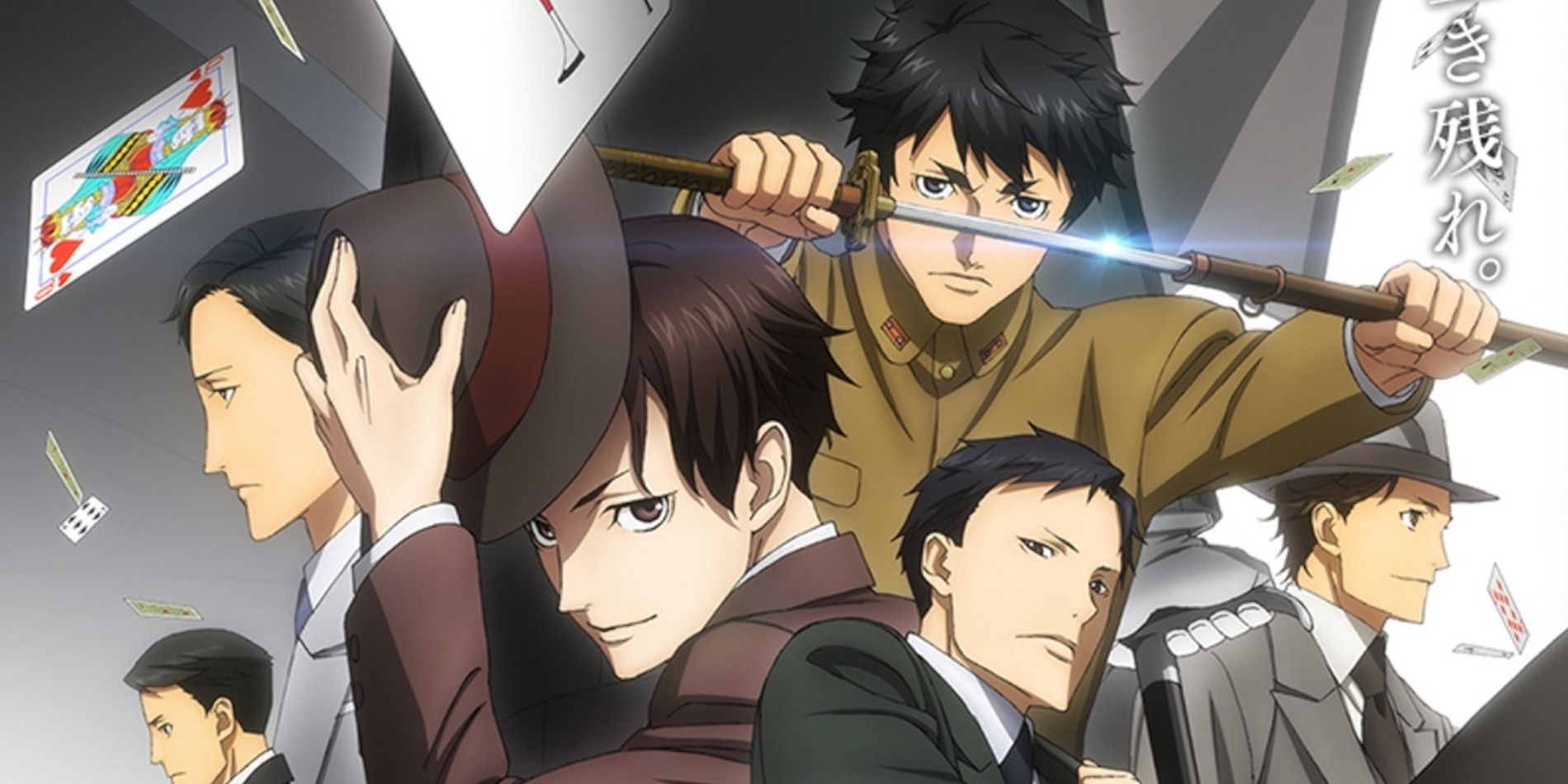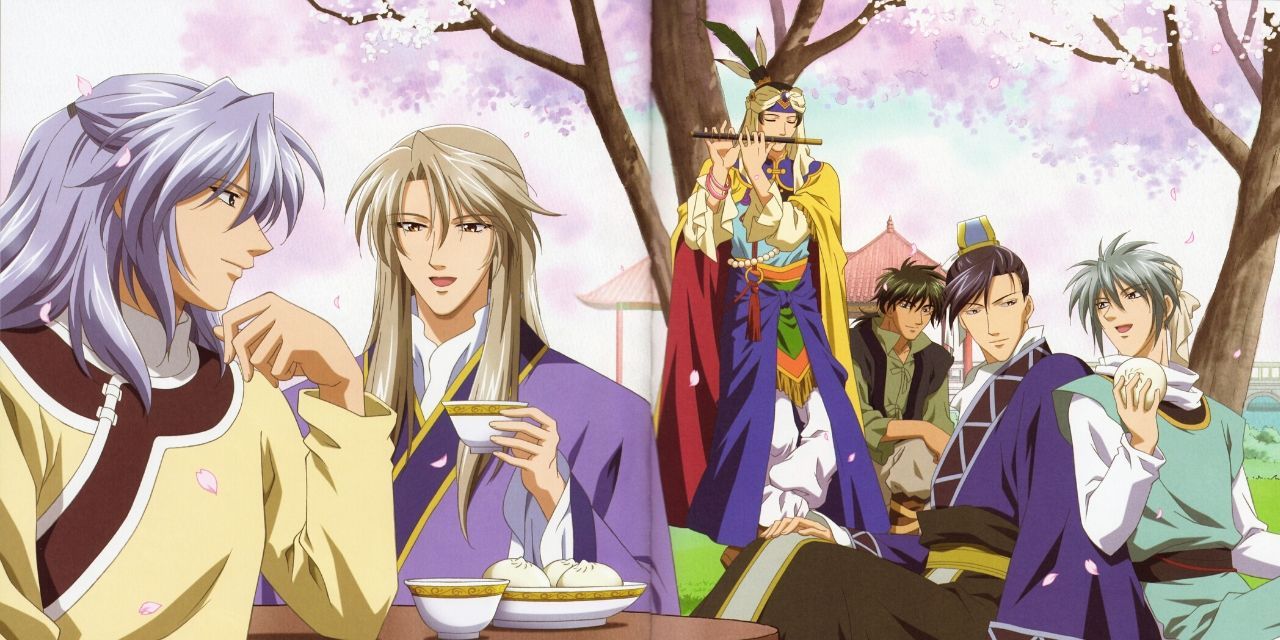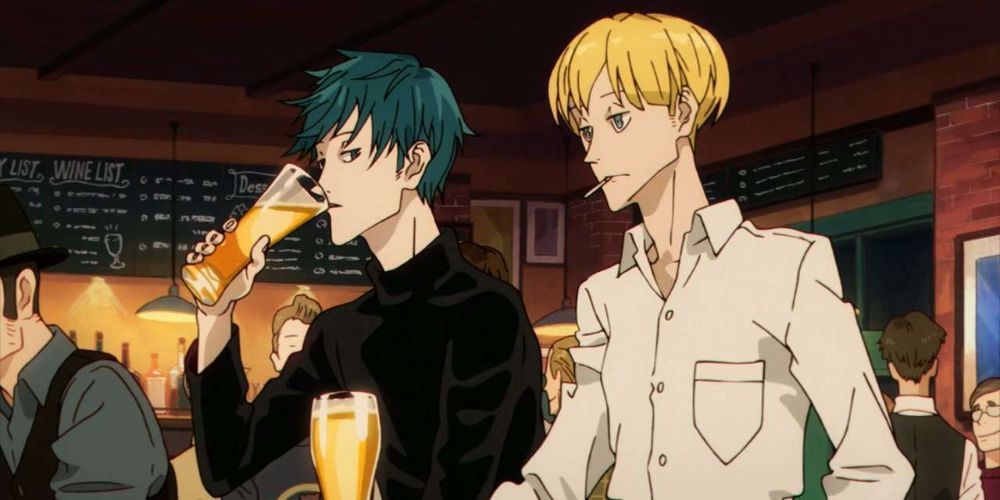Plenty of anime out there have to do with politics in one way or another, whether they’re set in completely fantastical environments or are based more firmly in reality. However, comparatively few titles are centered almost entirely around political intrigue, involving themselves in complex games of politics throughout the entire series rather than touching only superficially on the topic or covering it for just a story arc or two.
Moreover, while many viewers watch anime at least in part as a form of relaxation and escapism from the world around them, especially in today’s often politically-charged climate, this doesn’t mean anime about politics can't likewise be both compelling and enjoyable. Although some politically-driven shows such as Code Geass, Fullmetal Alchemist and Attack on Titan are already fairly well-known even outside the fan community, a number of lesser-known political titles are also available to watch. Here are five of the very best of them.
Moribito: Guardian of the Spirit Is Political Sword and Sorcery At Its Best
Balsa is a spear-wielding bodyguard who seeks to save eight lives in order to make up for the eight she took in her past as a warrior. When she crosses paths with the young Prince Chagum, who only narrowly survives murder disguised as an unrelated assassination attempt, she is convinced by Chagum’s mother to protect him -- from none other than the emperor himself. But who is Chagum really and why does the ruler of the Shin Yogo empire wish to kill his own son?
As an action/adventure fantasy, the 2007 Moribito: Guardian of the Spirit (Seirei no Moribito) is a remarkably grounded and realistic-feeling anime that spends plenty of time in worldbuilding, allowing the audience to understand the political systems, motivations and ramifications behind the choices of its characters. However, the show is anything but dry; to the contrary, its sincerity and heartfeltness are what makes it so captivating, and it maintains an impressively delicate balance between its political intrigue and its themes of family, acceptance and the invisible bonds of destiny.
The Heroic Legend of Arslan Combines Historical Fantasy With the Politics of Ancient Persia
Crown Prince Arslan of Pars only narrowly escapes his own country with his life after it is overtaken by the neighboring nation of Lusitania as part of a treacherous plot against his father, King Andragoras III. Joined by his loyal servant Daryun, along with the philosopher-tactician Narsus and his servant Elam, the warrior-priestess Farangis, and an archer and traveling musician named Gieve, Arslan now seeks to reclaim Pars and liberate it from its invaders.
Set in a fictional yet surprisingly believable version of ancient Persia and nearby nations, The Heroic Legend of Arslan (Arslan Senki) is inspired by real-life figures and events from sixth-century Persia, including Cyrus the Great as well as the East Roman-Persian Wars. Its politics are correspondingly intricate and sophisticated, adding to rather than detracting from the show’s cultural backdrop, characters and overall storyline. As much a historical-military piece as a high fantasy, the 2015-16 series is well worth a look for anyone on the lookout for something unique to the anime medium.
Joker Game Is a Political Thriller Grounded in the Real-Life Machinations of WWII
The year is 1937, and World War II looms on the horizon. In order to gain and act on intelligence on other countries, Japan establishes the D Agency -- an organization made up of extremely well-trained spies who are able to infiltrate the likes of England, France, Germany, China, the USSR and America to gain important information that will give Japan an edge in the never-ending games of politics. These young men all possess varying skills of endurance and manipulation, on which the very survival of their nation may rest.
An episodic and dialogue-driven series, 2016’s Joker Game is both a historical drama and a political spy thriller, with less of a focus on the action and more on the mystery aspect of its genre, making comparisons to franchises such as James Bond, Mission Impossible and The Bourne Identity largely superficial. While the pacing is mostly slow and the tone serious rather than playful, Joker Game may well appeal to those who prefer their politics with a heavy dose of realism, which is complemented by the show’s strong production values.
The Story of Saiunkoku Skillfully Blends Courtly Politics With Reverse-Harem Romance
Shurei Hong from the house of Kou is the only daughter of a noble family that has unfortunately slipped into relative obscurity and impoverishment. However, her ambition is to make the seemingly impossible a reality: pass the imperial examinations and become the first-ever female court official. When Shurei is approached by Emperor Ryuuki Shi’s advisor and offered a hefty reward to be the emperor’s consort in order to teach him how to be a responsible ruler, she accepts, taking one step closer to her dream but entangling herself within the political intrigue of court in the process.
It's unusual for politics to play such a central role in an anime that’s ostensibly a romance, but this is exactly what The Story of Saiunkoku (Saiunkoku Monogatari) does. Airing in 2006-08, the show follows the exploits not only of its main couple but also a myriad of clan and administrative heads, military officers and department workers, among a great many others. However, far from being bogged down by its truly enormous cast, Saiunkoku uses it to full advantage, making the audience genuinely care for its characters and breathing both color and subtlety into a genre that’s not typically known for its political themes.
ACCA: 13-Territory Inspection Dept. Is a Sleek Drama With a Strong Political Grounding
Jean Otus is the second-in-command of the inspection department of ACCA -- a behemoth organization that provides public services to the citizens of the kingdom of Dowa and its 13 autonomous states, each possessing its own unique lifestyle and culture. Charged with auditing these state branches to ensure all is running fairly and smoothly, Jean becomes aware of a rumored coup d'état and must uncover the truth of it while appearing to be nothing more than a seemingly unconcerned and rather absentminded government inspector.
Airing in 2017, ACCA: 13-Territory Inspection Dept. (ACCA: 13-ku Kansatsu-ka) is a mystery drama with a deeply embedded political setting and atmosphere. Filled with constantly developing intrigue from start to finish, it's an immersive show with an ambitious scale that nonetheless doesn’t come across as pretentious or overwhelming. Viewers with patience enough to stick with this kind of slow-burn political drama will be rewarded by its unexpected twists and turns, equally unexpectedly charming lead and slick visual flair.

